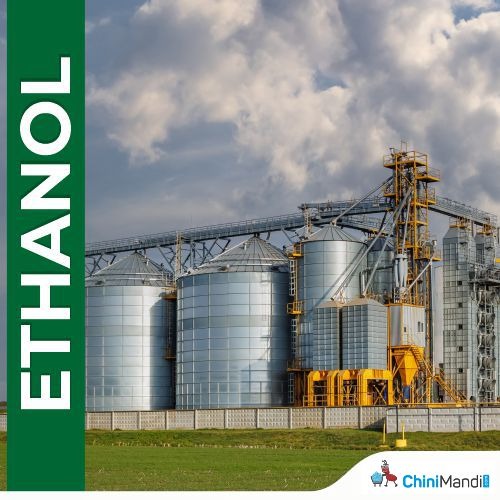Beijing: Brazil has inked agreements with China that will pave the way for the South American nation to export a byproduct of ethanol production, commonly used in animal feed, directly to the Chinese market, reports Reuters.
This move, finalized on Tuesday during President Luiz Inácio Lula da Silva’s visit to China, positions Brazil as a potential competitor to the United States, which currently dominates this sector amid ongoing trade tensions between China and the US.
Documents released by the Brazilian government indicate that this deal is a key part of Brazil’s strategy to deepen its agricultural ties with China. Increased domestic production of distillers dried grains (DDGs), a valuable ingredient in feed for animals like pigs, cattle, and chickens, is also driving Brazil to seek new international buyers.
Guilherme Nolasco, the president of Brazil’s National Corn Ethanol Union (UNEM), told Reuters on Monday that discussions between Brazil and China regarding a health agreement for DDG exports have been ongoing since 2022. He noted that the current “broad geopolitical shifts” have created a favorable environment for the agreement to be finalized.
“This opens up an opportunity for Brazil to become another supplier, another option for China to source animal nutrition products,” Nolasco explained. “For us, it means re-establishing and strengthening the relationship between the Brazilian and Chinese markets, which share multiple mutual interests.”
In 2024, China’s customs data reveals that the United States was the overwhelming primary source of DDG imports, accounting for 99.6% of the market by volume, with a value of $65.7 million.
Nolasco anticipates a significant increase in Brazil’s DDG production, potentially reaching up to 5 million tons in the 2025/26 season. He also pointed out that over ten new facilities for corn ethanol and DDG production are currently under construction in Brazil and are expected to become operational within the next two to three years, perfectly timed with the opening of the Chinese market.
Last year, Brazil’s total DDG exports amounted to $190.65 million, with Vietnam, Turkey, New Zealand, Spain, and Thailand being the main destinations, according to UNEM.
Brazil’s Agriculture Minister, Carlos Fávaro, had hinted at the impending agreement in April. Alongside the DDG deal, Beijing has also agreed to allow imports of Brazilian duck meat, turkey meat, chicken giblets, and peanut meal, as stated by the Brazilian Agriculture Ministry.
“Under the leadership of President Lula, Brazil has achieved a historic feat,” Minister Fávaro declared, highlighting the success of the trade negotiations.

















